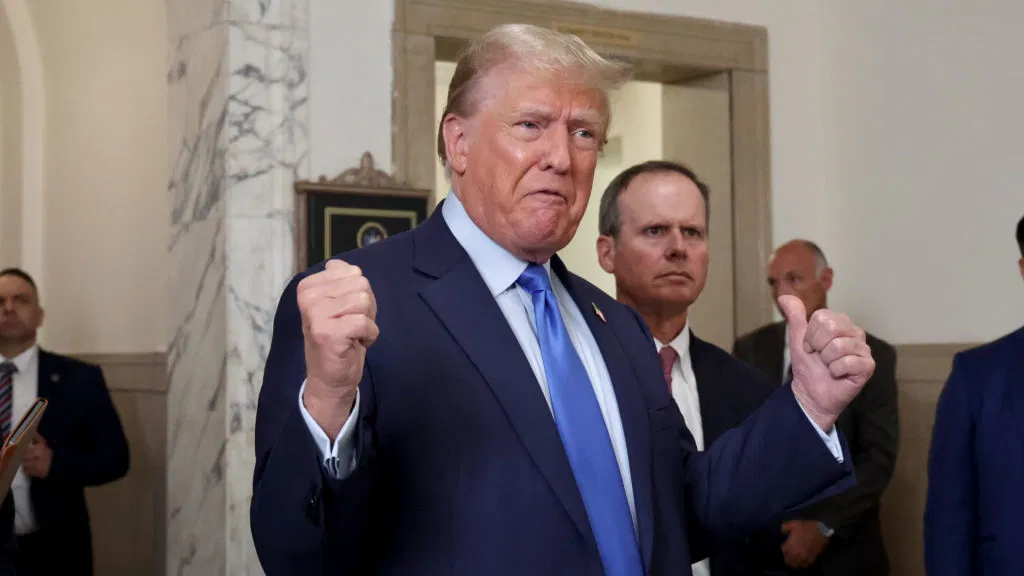Trump’s rollback of 1965 workforce protections puts women and people of color at greater risk.
Trump’s reversal of a 1965 executive order by Lyndon B. Johnson may raise barriers in the workforce for women and people of color.

Donald Trump’s reversal of Lyndon B. Johnson’s 1965 executive order could heighten workforce barriers for women and people of color.
On his second day in office, Trump eliminated EO 11246 as part of a larger effort to dismantle DEI initiatives. The order had required federal contractors to identify and address employment obstacles, especially for women and people of color.
The executive order was crucial in helping women like Lauren Sugerman land jobs with companies that might have otherwise overlooked them, according to NPR. In 1980, Sugerman was hired by a company with a federal contract to maintain and repair elevators for the Chicago Housing Authority. Thanks to LBJ’s executive order, signed 15 years earlier, the company was obligated to actively recruit women and people of color.
Now, Sugerman is grieving the end of the executive order as Trump works to dismantle what he calls the illegal use of “dangerous, demeaning, and immoral race- and sex-based preferences” disguised as diversity, equity, inclusion, and accessibility. She worries that the progress women have made in the construction trades since the 1980s may vanish.
“It’s a huge loss to witness what’s happening now,” says Sugerman.
Under Trump’s Executive Order 14173, the government office responsible for enforcing LBJ’s 1965 executive order was ordered to “immediately cease.” The Labor Department is now set to dismantle the Office of Federal Contract Compliance Programs (OFCCP), as its main function is no longer necessary.
The end of EO 11246 is especially significant, as companies that partner with the government employ one in five workers in the U.S., according to Jenny Yang, who headed the OFCCP during the Biden administration.
“Not all companies are willing to take a close look at themselves to see if they have a problem,” Yang said.
Wendy Pollack, co-founder of Chicago Women in Trades and now a lawyer at the Shriver Center on Poverty Law, warns that repealing EO 11246 will create a critical situation for women and people of color. Starting her career as a carpenter, Pollack faced resistance on the job but developed a mantra that helped her push through.
“You know, I might not change your hearts and minds, but at least I have the law on my side,” Pollack would remind herself.
But with Trump’s reversal of civil rights protections in the workforce, that may no longer hold true.



